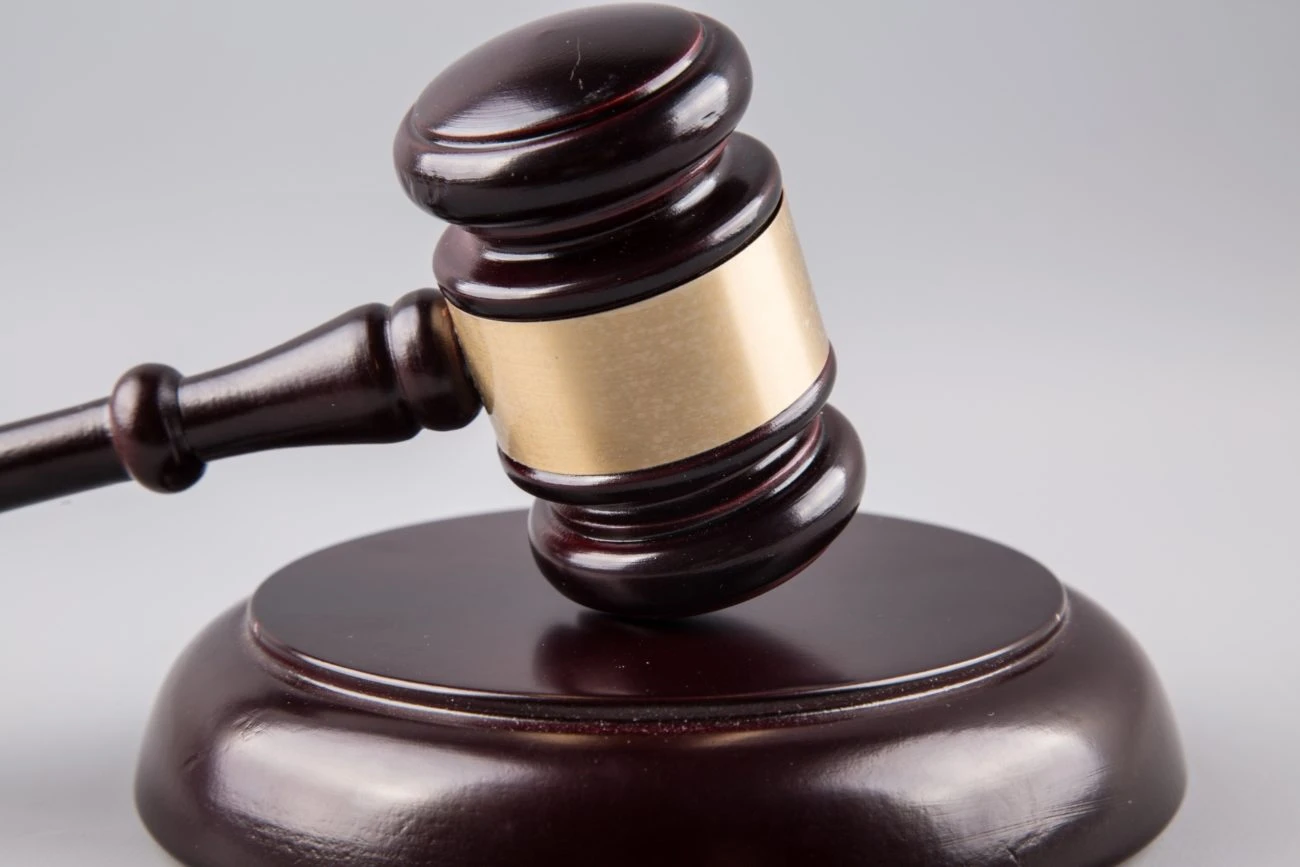Star faces class action lawsuit over investor losses

Filed in the Supreme Court of Victoria in Australia, the case refers to investors who acquired shares between 29 March 2016 and 16 March 2022.
The 108-page statement of claim outlined that Star continually held itself out as an ethical and responsible casino operator that complied with its legal and regulatory obligations.
However, Slater & Gordon referred to media reports that appeared in October 2021, which stated that Star had cultivated high-roller players who allegedly associated with criminal or foreign-influence operations and failed to comply with anti-money laundering and counter-terrorism financing laws.
In response to those reports, Star’s share price dropped by more than 25%, wiping more than AU$1.00bn (£574.1m/€677.6m/US$752.7m) from its value.
These allegations led to the New South Wales Independent Liquor and Gaming Authority in September 2021 launching an inquiry into whether Star remained suitable to hold a casino licence. This was expanded in January this year to assess other entities within the group.
Public hearings into Star’s activities, which are ongoing, have so far heard a series of claims, including that Star allowed junket operator Suncity to operate its own cage at the Star Sydney casino, where it exchanged chips for cash, despite this contravening the New South Wales Casino Control Act.
This week, Star’s long-serving chief executive and managing director Matt Bekier resigned in connection to issues raised during the review of Star Sydney.
The case also asserts that Star’s representations about policies being in place to mitigate risks such as money laundering, corruption, bribery, insider trading and restrictions on the use of gambling products were misleading or deceptive.
In addition, the suit alleged claims that any conduct by Star’s directors or employees that was inconsistent with the business’ values – which were designed to help maintain its reputation and protect the wider community from harm – would not be tolerated.
Slater & Gordon referenced the Bergin Inquiry into rival operator Crown Resorts, which began in 2019 and last year ruled it was unsuitable to operate a casino at Barangaroo in Sydney as evidence revealed its facilities and accounts were used for money laundering.
Bekier in 2019 publicly stated that although it operated in the same market, Star conducted extensive due diligence on those it did business with.
At the time, Bekier said: “I am very confident that we are doing the best we can to run a clean and legal business… [and] I feel that what we do is both lawful and is executed in a way that should give us and our investors confidence that we are doing the right thing.”
Slater & Gordon class actions senior associate Ben Zocco said that its investigation into whether investors had a case against Star began last October, and the analysis undertaken so far suggested investors had a strong case.
“For the last six years, Star has held itself out to be a model casino operator that took its obligations seriously and followed not only the letter of the law, but the spirit of the law,” Zocco said.
“Star insisted that it took compliance seriously and ran its business ethically, honestly and with integrity. Our investigations to date, in addition to the extraordinary evidence revealed so far in the Bell Inquiry, suggests that they did everything but.
“When investors purchase shares in a listed company, they are entitled to assume that all of the material information relevant to its financial position had been disclosed to the market,” he said.
“Our case is that Star failed to do so and, therefore, investors are entitled to compensation for their losses.”
Lead plaintiff David Lynch added he was disappointed to see the value of his shareholding fall so significantly and was concerned Star may have misled shareholders by representing that it was more compliant with its regulatory obligations than was actually the case.
“As an investor, I expect that licensed operators that are publicly listed will operate in accordance with the law and that there are appropriate checks and balances to ensure they do so. I am dismayed by the apparent scale of Star’s misconduct that is now being revealed in the public hearings,” said Lynch.
Responding to the case, Star acknowledged that it had received the lawsuit, stating it intended to defend the proceedings.
